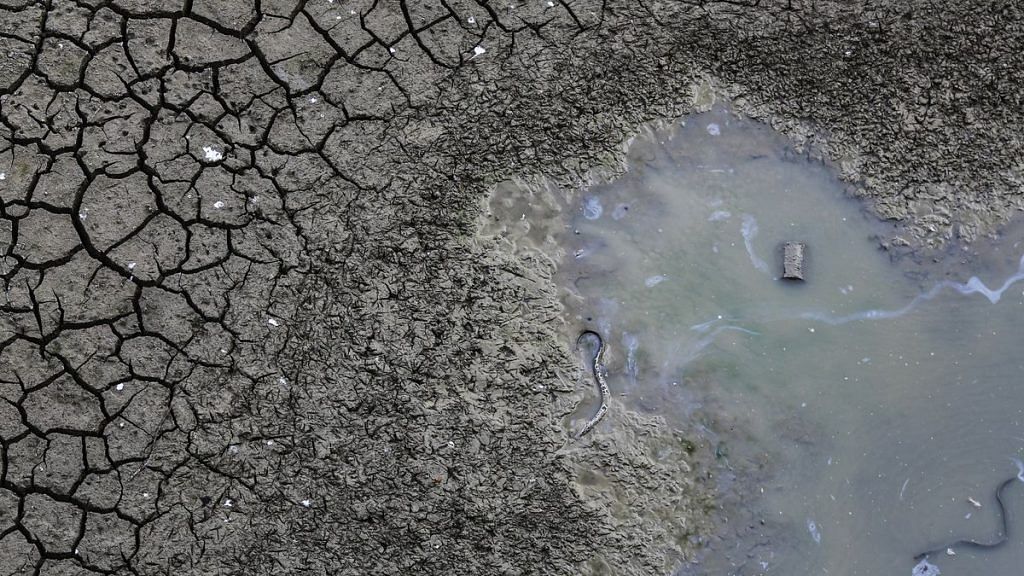The topmost priority for governments worldwide, understandably, is to first contain first the coronavirus pandemic and its economic fallout.
But let us not lose sight of another emergency that’s being faced by all of us and the very planet itself – the climate emergency. In a recent online press conference, UN Secretary-General António Guterres said, “The novel coronavirus pandemic is now the world’s top priority. Climate change will have to be put on the back-burner, for now.”
Not too long ago, climate change was on the top of every discourse among global leaders and communities, but that seems to be headed for a change now, with everybody’s attention diverted to the Covid-19 pandemic.
Also read: After coronavirus deaths, Chinese begin calling for clean air to breathe
Fallout of Covid-19
One of the many likely fallouts of the coronavirus pandemic is that it could shift global resources away from immediate climate change measures. Second, it could lead to loss of multilateralism, which had emerged in the wake of the historic Paris Agreement, in combating climate change. The coronavirus has instead driven countries to close borders, even in the European Union. A spill-over of such feelings after the Covid-19 crisis has ended could be detrimental to the global fight against climate change, particularly to the development of technological solutions that depended on cross-nation collaboration.
With markets crashing across the globe, the willingness of corporations to invest in clean technology innovations or to move to low-carbon pathways is likely to be severely compromised. Moreover, long-term disruptions of supply chains for clean technologies such as solar and wind energy, batteries, and electric vehicles will have serious consequences for ongoing initiatives in these areas. Prolonged restrictions on movements across national boundaries will only add to their woes.
Also read: How to read news like a scientist during coronavirus information overload
Not a distant problem
Unfortunately, while coronavirus is an immediate threat, climate change has always been perceived as only a distant risk. We’re already reeling under the impact of the former, while the extent of the impact of the latter is still being debated. One threatens the immediate survival and well-being of humans, while the other presents a threat that’s farther down the line, albeit one that concerns not just humans but all flora and fauna on Earth. Sadly, a world under economic depression does not allow for the luxury of worrying about a problem so distant.
The reduction in greenhouse gas emissions due to factors such as the stalling of economic activities, the trend of working from home, and the travel restrictions imposed on people due to the pandemic, can raise false hopes that emissions will be contained in future too. But it must be remembered that this is only a temporary, short-term phenomenon. It’s only a matter of time before the economies of the world rebound and emissions increase.
It cannot be emphasised strongly enough that the current public health crisis must be fought head-on, marshalling all the resources at hand. But it is equally important to keep long-term climate goals in sight and maintain the momentum that we have gained after years of sustained efforts. It may be that the economic bailout packages that are designed have low-carbon philosophy as a guiding principle.
It won’t be easy, but it is not impossible either. All it requires is a shared vision and the political will of global leadership.
The author is senior director, social transformation, TERI. Views are personal.
